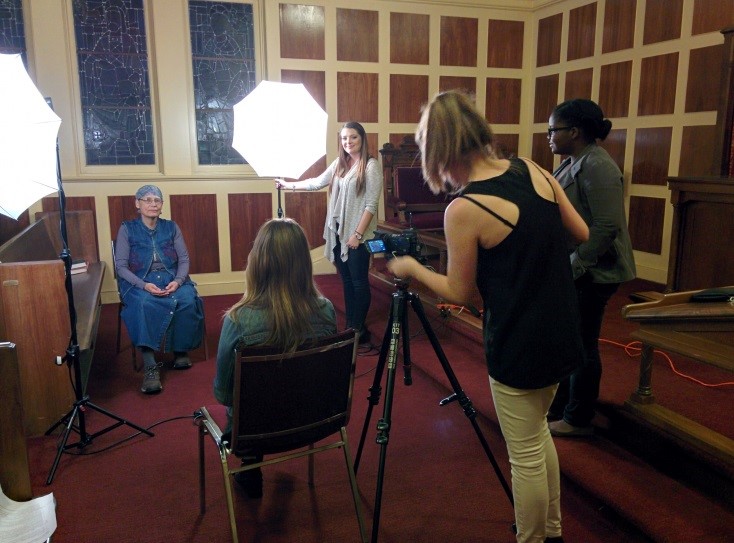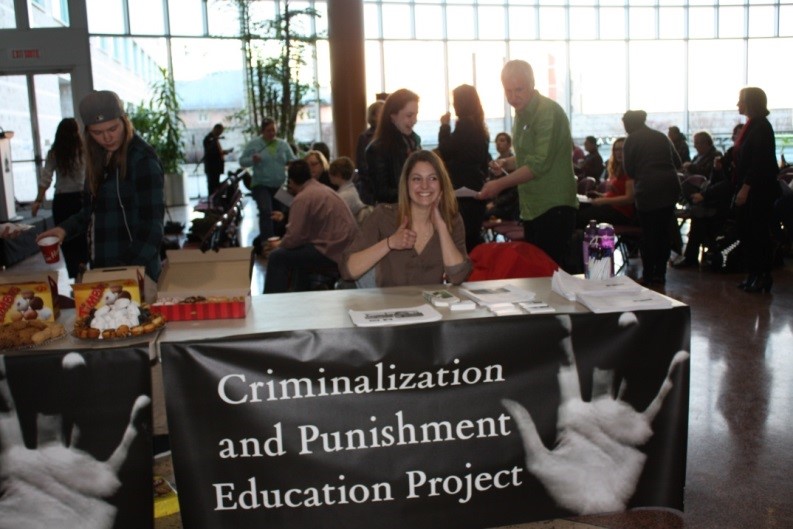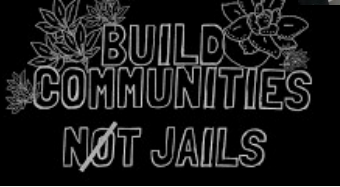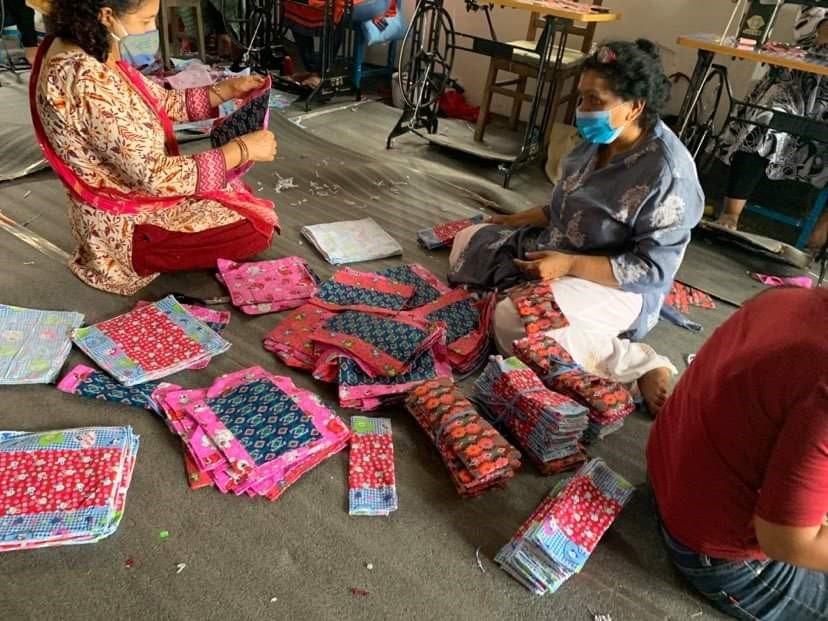SOCI 4170: Community Engaged Sociology
Put your education to work in the community!

In this course, students work with local non-profit organizations in small teams each led by a graduate student or the instructor to research social issues and advocate for positive change. Each team produces two short videos for their organization as well as doing an advocacy project. Here is what past students have said:
“This class has become one of my most favourite classes that I have taken at Carleton University within the past four years.”

“It really is a good way to gain skills (e.g. interviewing, working with a team, meeting people, learning to make videos. It will make you question a lot of theory previously learned.”
“It’s going to touch you in a deeper way. This isn’t text book. These are real people and real issues.”
“I’ve learned how to make a coherent project plan and work effectively with a team towards a common goal.“
Projects from past years
Supporting recently released prisoners with the Criminalization and Punishment Education Project (CPEP), Winter 2022

The challenges faced by people in the criminal justice system are hidden from most Canadians; as an abolitionist organization, CPEP is one group that aims to raise awareness about these challenges. Issues such as inhumane living conditions, horrible treatment, lack of services for basic human rights, and distinct forms of oppression, discrimination, and racism exist in our criminal justice system and specifically our jails. By raising awareness and supporting the needs of criminalized people, CPEP builds solidarity amongst current and formerly incarcerated peoples and allies.
The students elected to host a virtual fundraiser panel, where panelists could speak to systemic issues and advance ideas about alternatives to criminalization and punishment. All funds collected would go went towards a Starter Kit initiative that CPEP hosts, where CPEP members make kits with collect personal care items to give to people recently released from jail. Read more about the students’ project here.
Community gardening for food and morale with the Herongate Tenant Coalition (HTC), Winter 2022
The Herongate Tenant Coalition (HTC) is a grassroots organization that was created in response to the purchase of townhouses in the Herongate neighbourhood in Ottawa by Hazelview Properties. Hazelview’s largest project has been the purchase and mass eviction of the Herongate community in Ottawa and is considered the largest urban eviction campaign in Canada.

Hazelview’s plan is to evict and demolish the existing houses, townhouses, and apartments in Herongate to replace them with luxury rental units. The HTC has used community organization to aid tenants in the fight against Hazelview as well as providing mutual aid and legal support to those involved in the resistance.
The team of students planned and implemented a gardening supply community drop off for people in Ottawa to donate needed supplies to the Herongate community. The implementation of a community garden will boost the mood of the community as they continue to resist against ongoing and future demovictions in the Herongate community. Read more about the students’ project here.
Addressing Period Poverty with the Women’s Foundation of Nepal (WFN), Winter 2022

The Women’s Foundation of Nepal, located in Kathmandu, Nepal that supports women and children who are victims of abuse, violence and poverty by providing training and micro-credits for women in rural areas, legal assistance for poor children, and other help to empower women and children to shape their future. The team of seven students collaborated with the Women’s Foundation of Nepal to address the social issue of period poverty within Nepal and to contribute to their initiative of making reusable pads to be distributed throughout their community. The team was determined to raise awareness about this human rights issue and to acknowledge the period stigma that exists within our own communities in Canada. Read more about the students’ project here.
How SOCI 4170 works
Each class has three teams of students each working with a different organization. It is important to know when you are thinking about taking this course that, while much of the team work happens in class time, there is team work outside of class time.
There are three main components to the course. Two of these are done in the teams: the advocacy project and the interview and following creation of a short video. Students use cuPortfolio to reflect individually on their experiences and to use their learnings in a sociological analysis which can draw on their theoretical learning in their studies thus far. Students’ on-line portfolios are available to them after the end of the course to demonstrate the skills they have gained.
Taking one’s theoretical learning out into the community in this way and then returning to an academic frame to consider the learnings gained can result in tremendous insights that consolidate academic learnings. Students leave the course enthusiastic about their experiences of applying their sociological knowledge in such positive ways. They also take concrete skills in video making and advocacy work.